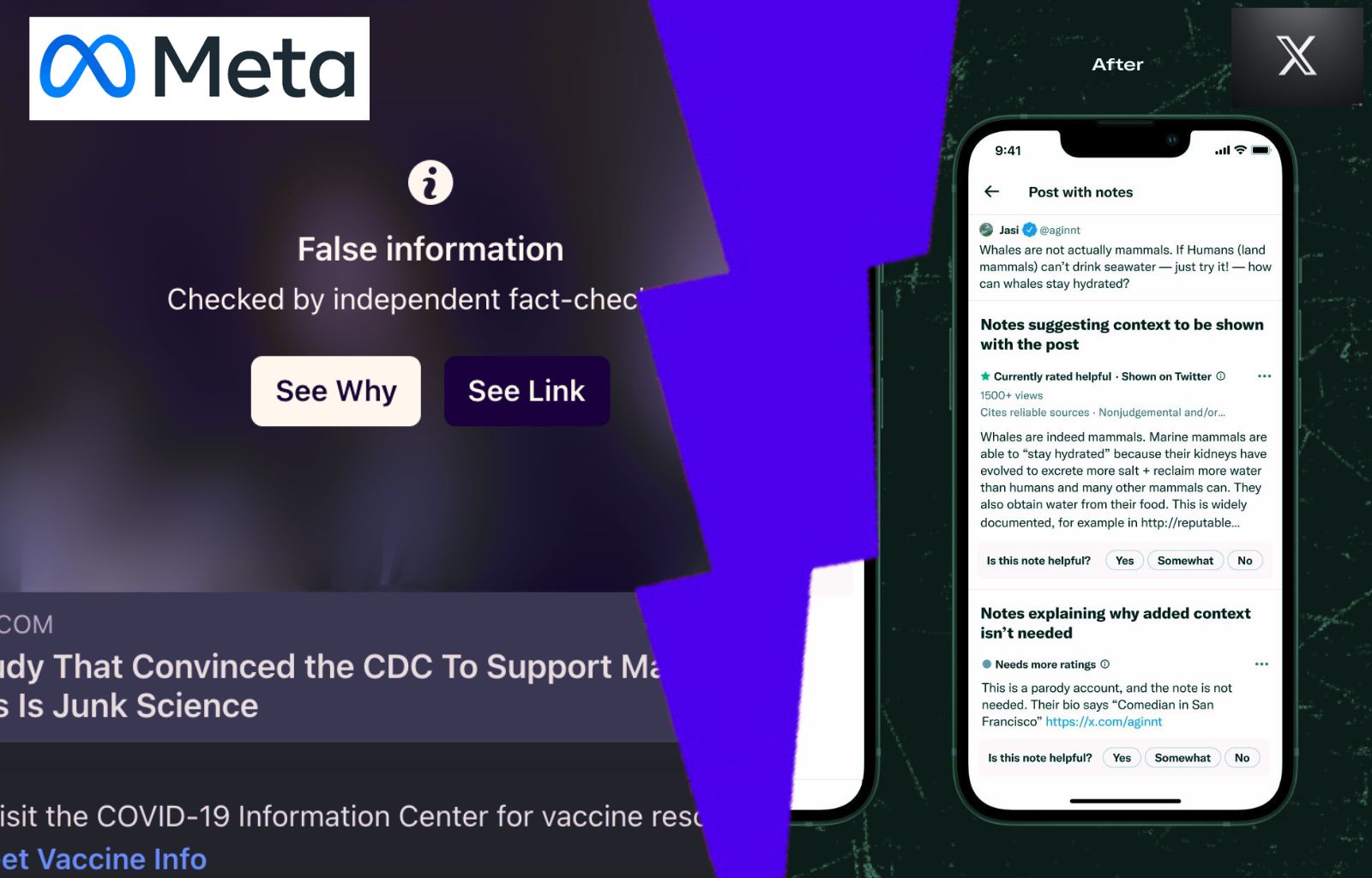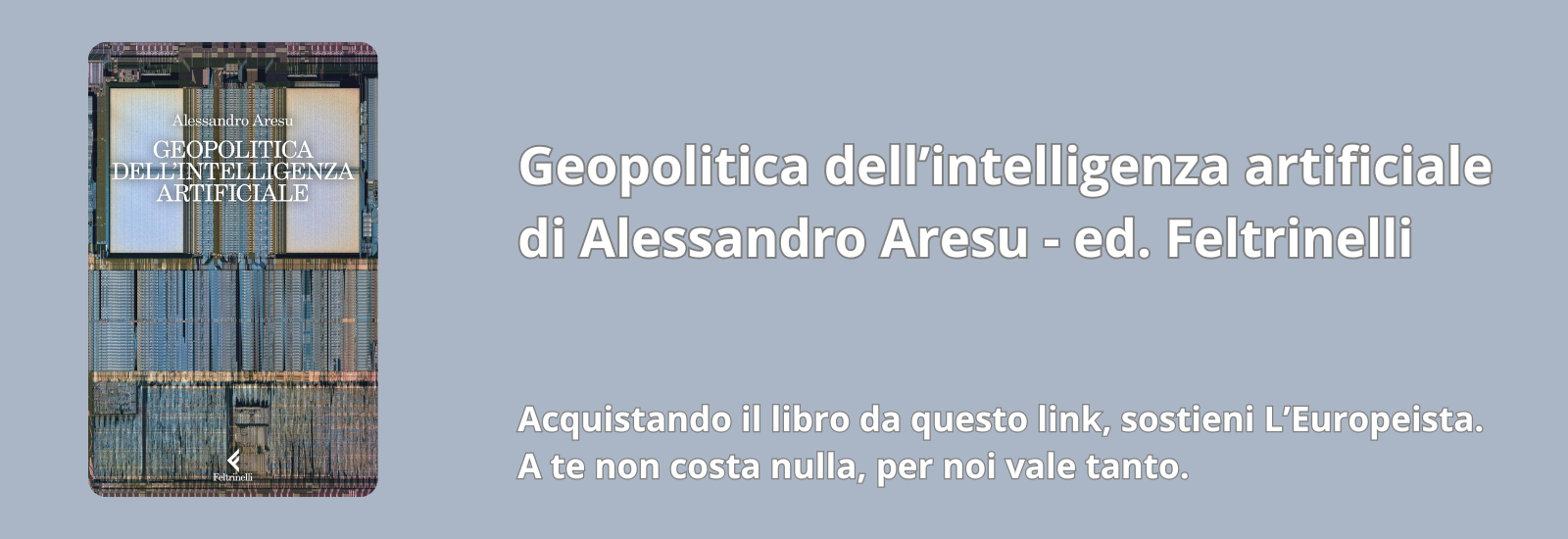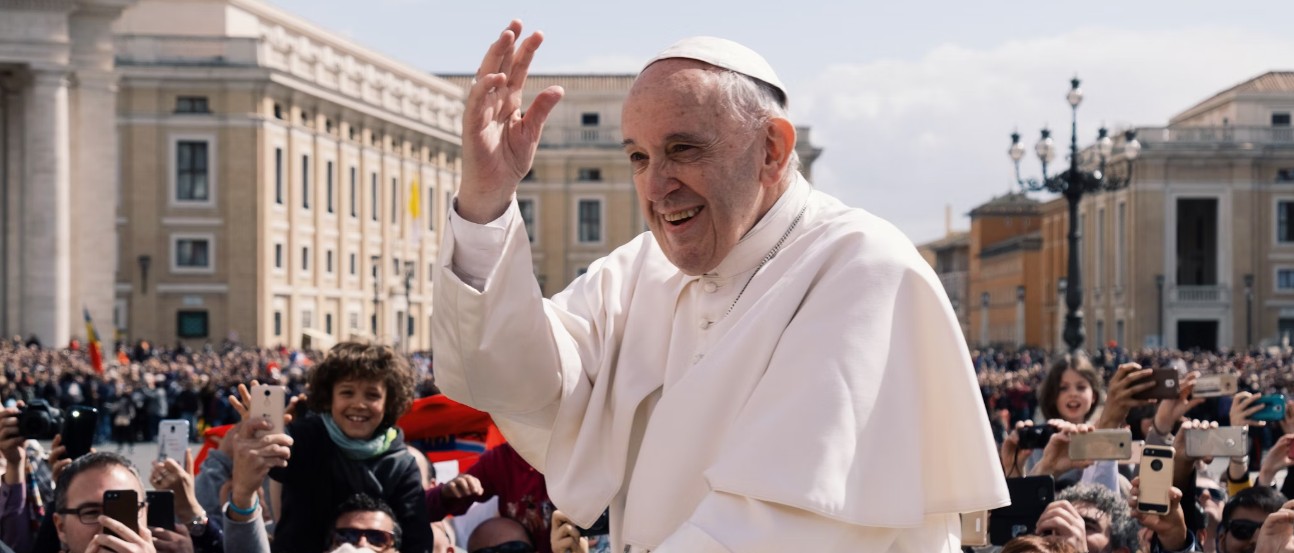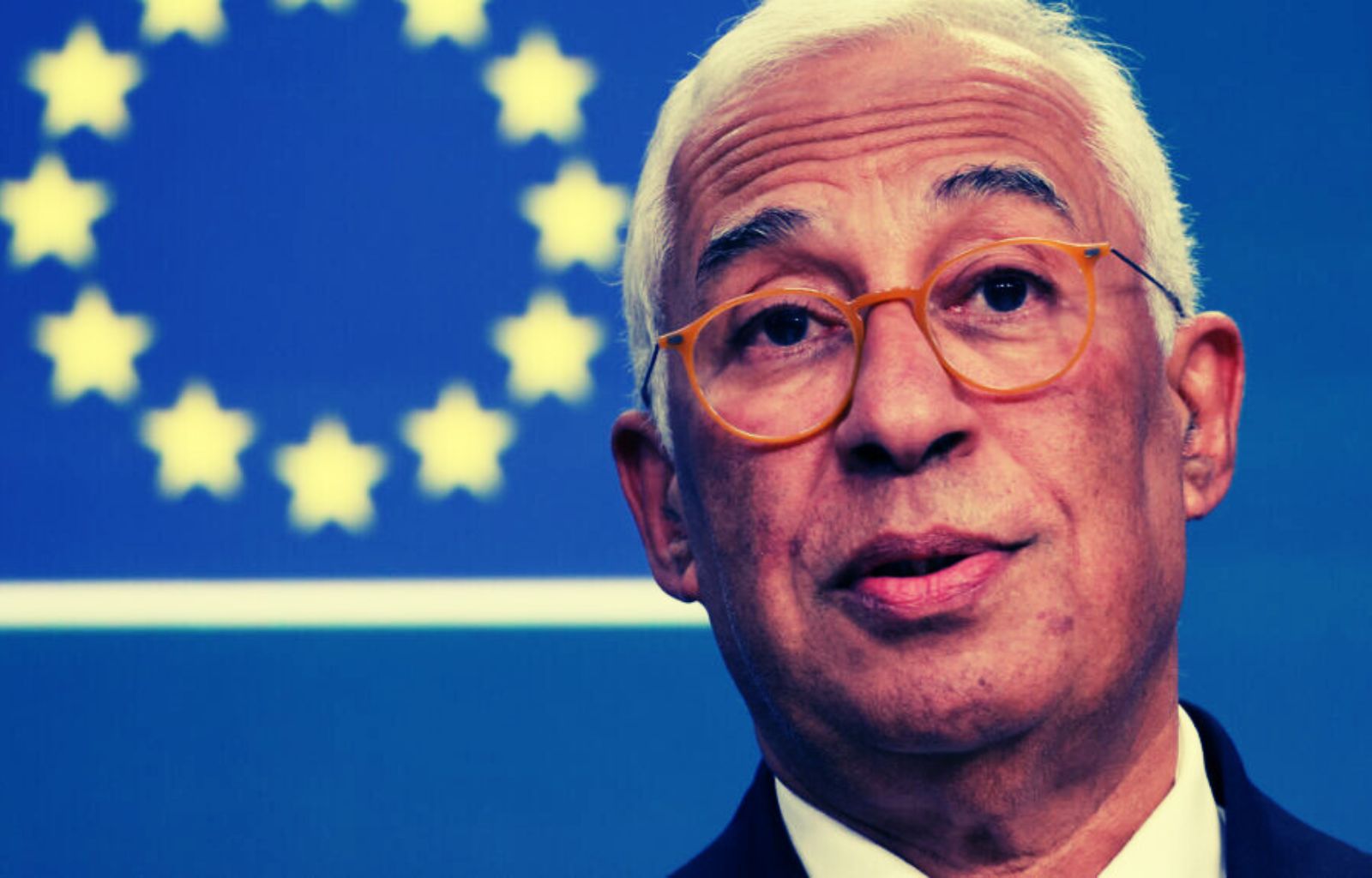Meta aligns with Trump: goodbye to fact-checking

In the run-up to Donald Trump’s inauguration as president on 20 January 2025, Meta has announced significant changes that mark a clear alignment with its policies between lobbying and a turnaround in content moderation. The platform announced the inclusion of new members to its board of directors, including Italian John Elkann and Dana White, former head of the UFC and a known Trump ally. This decision represents a change of course from the democratic orientation that had characterised the origins of the company, which had gone so far as to suspend the tycoon for two years after the assault on Capitol Hill.
Lobbying and Global Strategy
Elkann’s presence on the board seems aimed at strengthening Meta’s position in Europe, where the platform has faced several restrictive regulations, such as the Digital Services Act (DSA). The DSA makes platforms responsible for the content published by users, imposing greater transparency and moderation obligations. The choice of Dana White, on the other hand, appears strategic to influence the US government and consolidate a direct relationship with the Trump administration.
Fact-Checking vs. Community Notes
One of the most obvious changes concerns the management of disinformation. Meta has decided to abandon its historical fact-checking programme based on independent organisations to adopt a model similar to the one introduced by Elon Musk on X, known as ‘Community Notes’.
The fact-checker system
Meta used a network of independent affiliated organisations, such as the Poynter Foundation, to verify content. These experts analysed apparently false or misleading posts and, if necessary, labelled them as inaccurate. The aim was to provide users with additional context by flagging potentially problematic content and offering links to reliable sources. However, this system was based on a limited selection of experts, which led to accusations of political bias by some users and by Trump himself.
The Community Notes system
In contrast, the Community Notes model relies on the input of ordinary users rather than selected experts. Any user can propose a note on a controversial post, adding clarification or context. The notes are evaluated by a heterogeneous community of users with different points of view. The top rated note becomes the one officially associated with the post. This system relies on the ‘collective wisdom’ of users, with a view to greater decentralisation and trust in people’s ability to distinguish the true from the false.

An Ideological Change
This transition reflects a profound ideological change for Meta. In a video released yesterday 7 January 2025, Mark Zuckerberg declared his intention to work with Trump to counter what he called ‘institutionalised censorship’ by governments around the world. He accused Europe of hampering innovation with increasingly stringent regulations, such as the DSA, and also pointed the finger at the Biden administration for exerting censorship pressure on American technology companies.
According to Zuckerberg, the previous fact-checking programme had destroyed user trust instead of strengthening it. He admitted, however, that the new approach could increase the presence of harmful content, calling it ‘a price to pay for freedom of expression’.
Risks and Opportunities
Despite promises of greater inclusiveness, the Community Notes model, already adopted on X, has not prevented the spread of misinformation and hatred. The choice of Meta may exacerbate these problems, but it also marks a shift towards a more optimistic and decentralised approach to content management.
With all the major global social platforms moving towards less regulated models, a new chapter is opening for the digital ecosystem, characterised by a growing influence of the technocratic right and a consolidation of the large technology monopolies. It will be interesting to observe how these changes will influence the global political and social landscape in the coming years.












